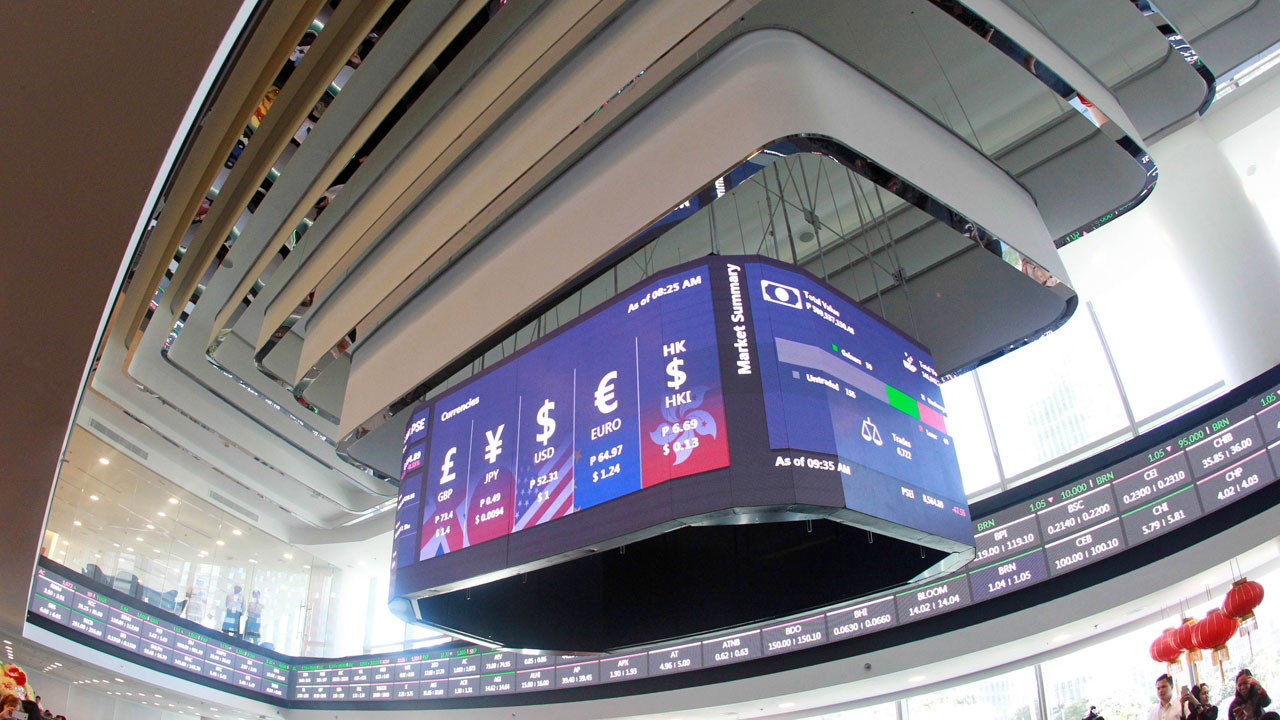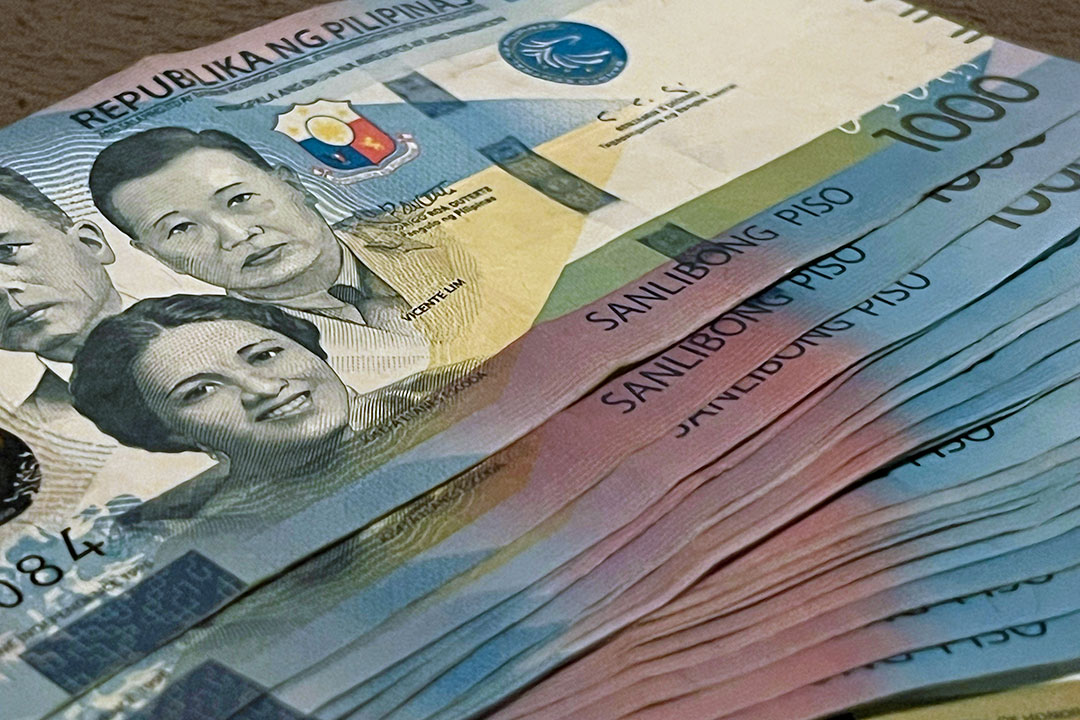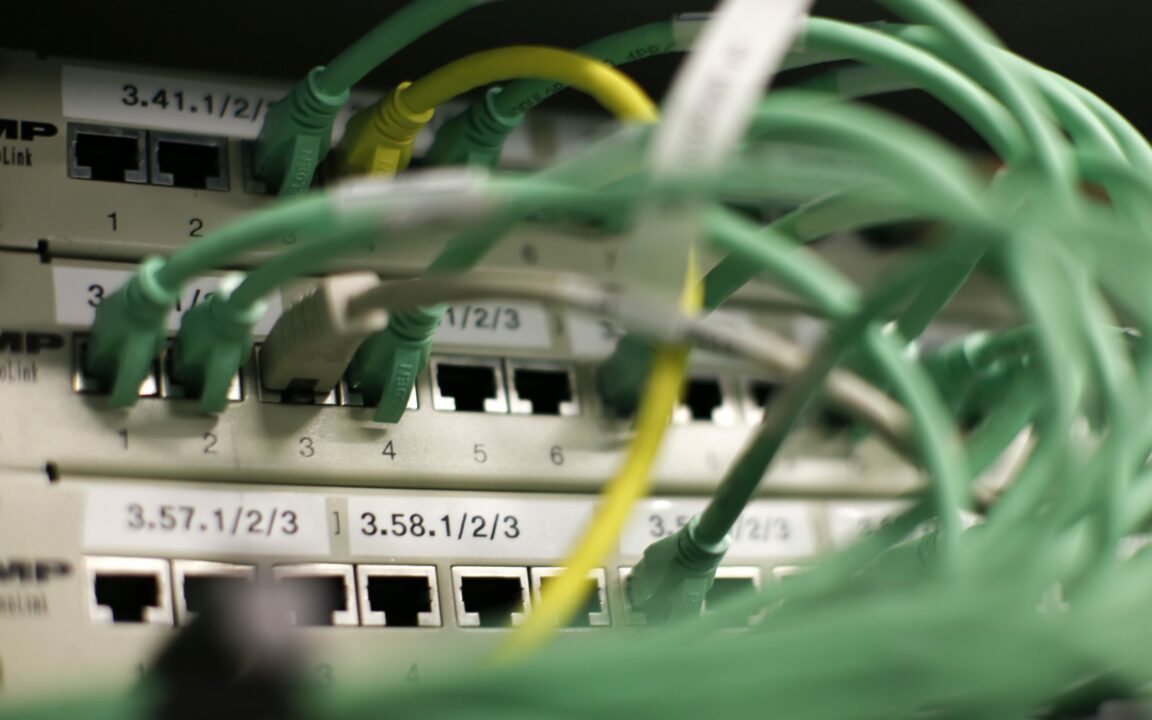
Upgrade to High-Speed Internet for only ₱1499/month!
Enjoy up to 100 Mbps fiber broadband, perfect for browsing, streaming, and gaming.
Visit Suniway.ph to learn
Keisha Ta-Asan - The Philippine Star
June 24, 2025 | 12:00am
MANILA, Philippines — Deutsche Bank Research has flagged deeper structural shifts in the overseas Filipino workforce as a growing long-term risk to the country’s remittance inflows.
In a recent report, the global lender said that while the additional 3.5-percent tax on outward remittances from the United States could reduce Philippine inflows by up to 1.4 percent or 0.1 percent of gross domestic product (GDP), it sees more significant headwinds coming from domestic and demographic changes affecting OFWs themselves.
“We believe that the impact of a tax on remittances is likely to be short-lived; structural shifts are more likely to affect the growth of remittances in the longer term,” Deutsche Bank said.
The report comes as remittance growth continues to slow. From 3.3 percent year-on-year in November 2024, remittance expansion eased to 2.6 percent by March. The four-percent growth in April could also be temporary due to base effects, the bank said.
While inflows from Singapore and the Middle East offered some support, the US dragged on overall growth. The US is the largest source of Philippine remittances, accounting for 40.4 percent of overall remittances in April.
However, Deutsche Bank noted that only 9.8 percent of OFWs are actually based in North and South America, suggesting that many remittances classified as originating from the US may come from other regions via US-based channels.
Beyond policy shocks, Deutsche Bank said a more pressing issue is the shrinking share of Filipino households with OFW members.
From around 10 percent before the pandemic, this figure has dropped to about 6.5 percent post-COVID, as more workers chose to reintegrate into the Philippine economy with government support.
This shift has contributed to lower post-pandemic remittance growth, now averaging just three percent annually, compared to 5.8 percent in the 2010s. Remittances as a share of GDP have also declined to 7.7 percent from 8.4 percent in the same period.
“In the short term, remittances should remain a crucial source of funding for the Philippines, but push-pull factors make the long term more uncertain,” the bank said.
Among these are the rising global demand for Filipino health care professionals amid aging populations, which could push more Filipinos to work abroad. On the other hand, the continued growth of the domestic business process outsourcing (BPO) industry may encourage some OFWs — to return home.
Deutsche Bank’s assessment adds a layer of complexity to policymakers’ efforts to shore up the country’s external position, which remains heavily reliant on remittances, BPO revenues and tourism receipts.

 22 hours ago
2
22 hours ago
2



